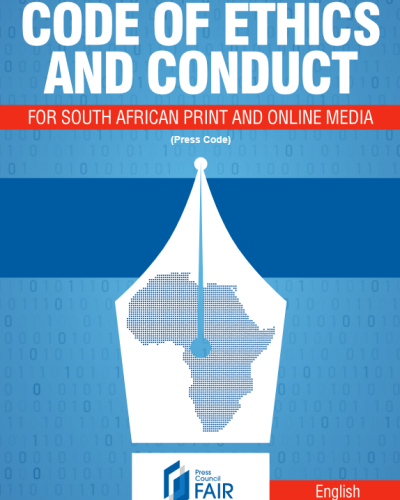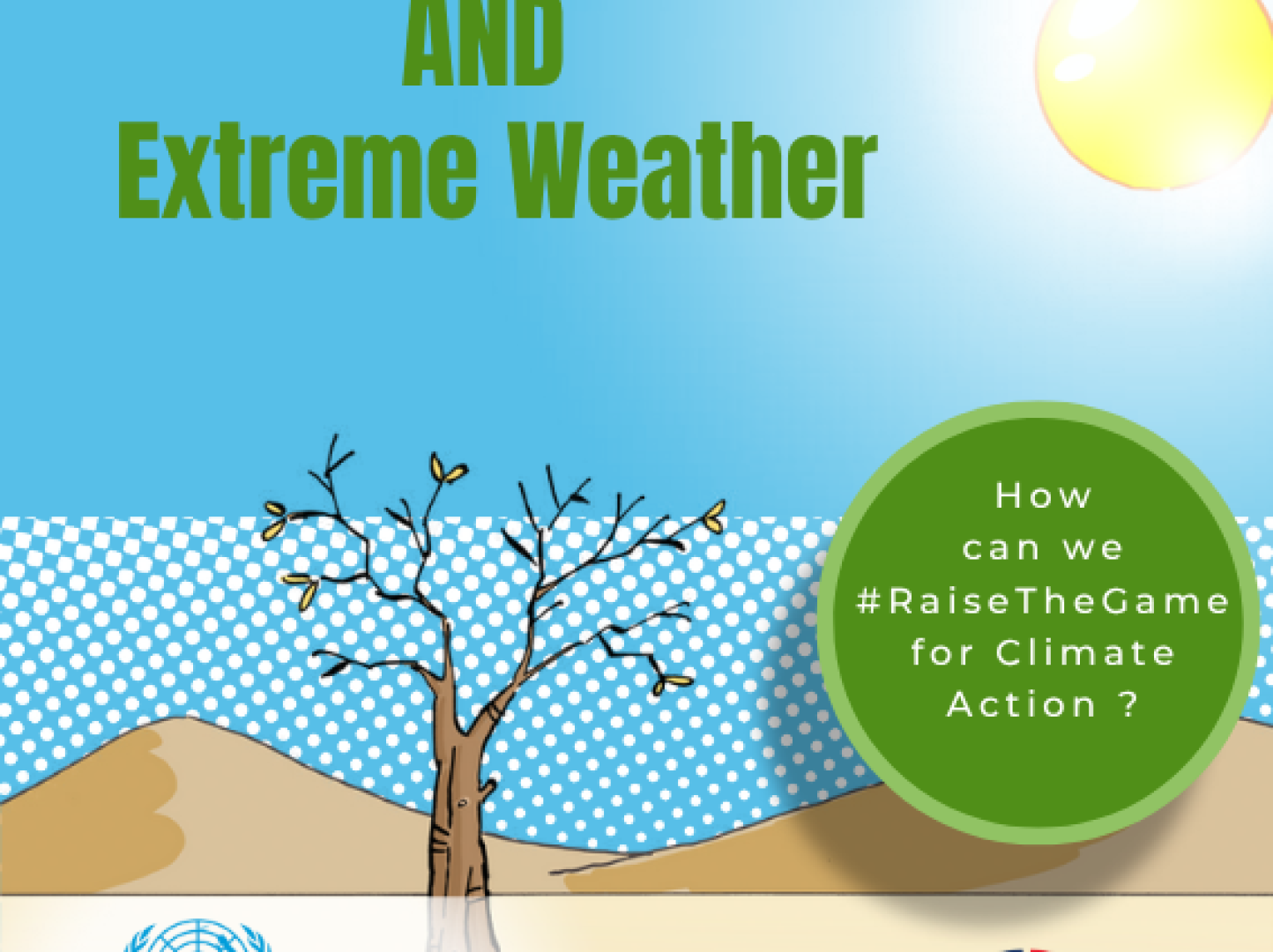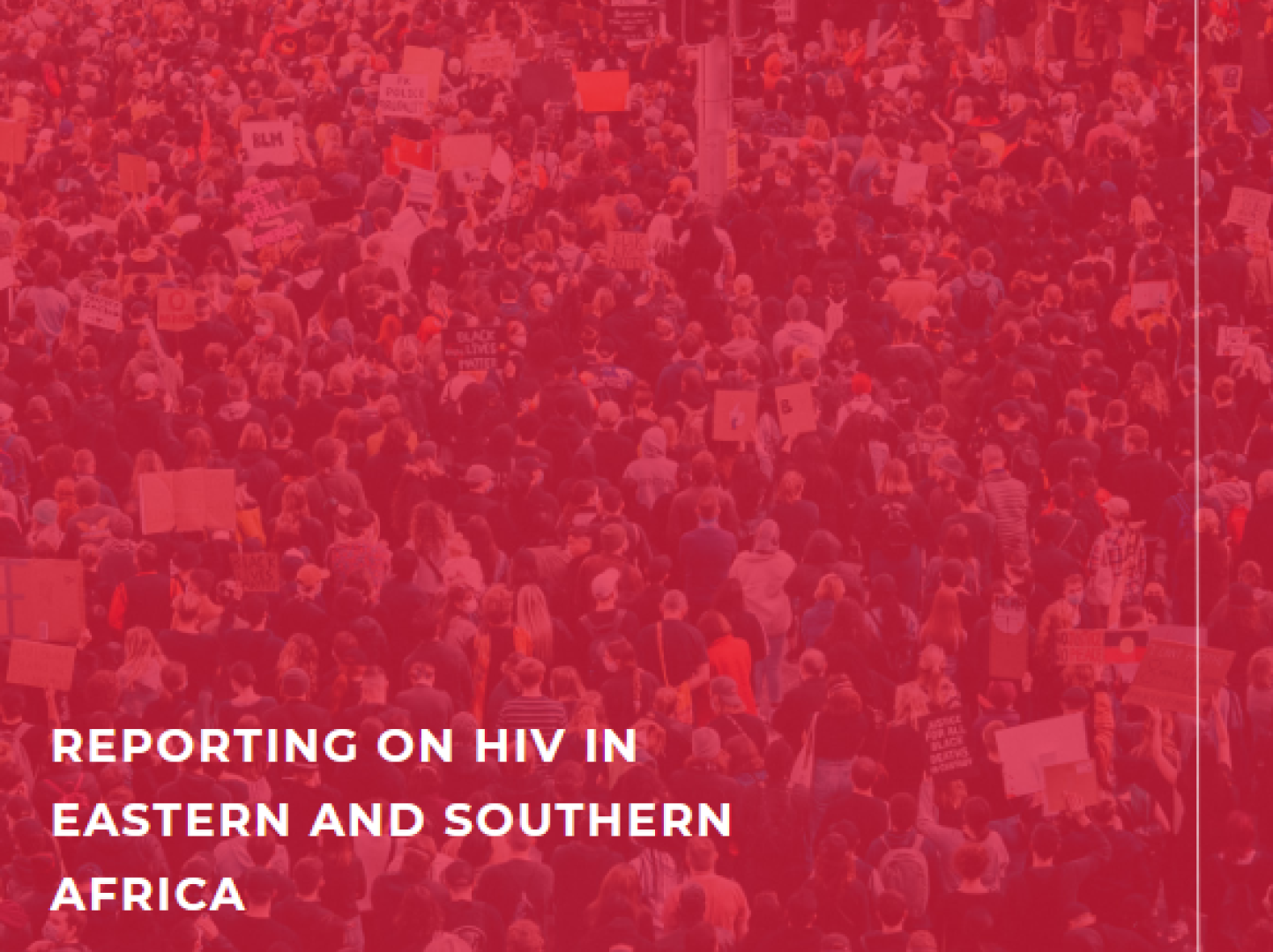SA Press Code translated into all official South African languages by the UN Information Centre

This year marked significant milestones on the translation of the SA Press Code into all official South African languages by the UN, now accessible to media practitioners nationwide. As South Africa commemorates three decades of democracy, the nation also is reflecting on the profound impact of linguistic diversity within its media landscape. This celebration coincides with the International Decade of Indigenous Languages (2022–2032) and the International Day of the World’s Indigenous Peoples, highlighting the United Nations’ dedication to multilingualism. These milestones underscore the importance of respecting and celebrating every language to preserve cultural heritage and foster inclusive development. They serve as a reminder of our collective commitment to safeguard and promote indigenous languages, ensuring they remain vibrant and integral to our shared future.
The South African National Editors’ Forum (SANEF) in conjunction with the Pan South African Language Board (PanSALB), the Press Council of South Africa, and the United Nations in South Africa hosted a seminar on the role of media in the development and preservation of indigenous languages in Johannesburg.
See the SA Press Code in the local languages:
South Africa Press Code Tsonga | United Nations in South Africa
South Africa Press Code Venda | United Nations in South Africa
South Africa Press Code Afrikaans | United Nations in South Africa
South Africa Press Code isXhosa | United Nations in South Africa
South Africa Press Code Sepedi | United Nations in South Africa
South Africa Press Code isiZulu | United Nations in South Africa
South Africa Press Code ENGLISH | United Nations in South Africa






